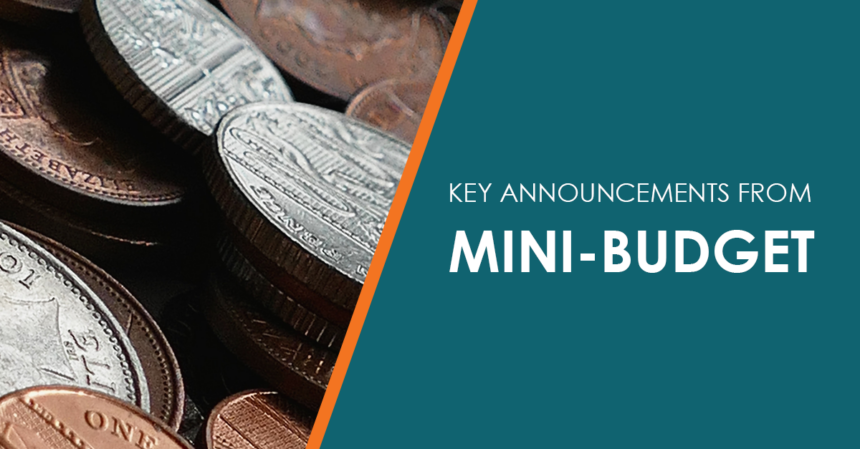Chancellor of the Exchequer Kwasi Kwarteng has delivered a range of sweeping reforms to taxation in a statement which was billed as a “Mini-Budget” but which delivered £45 billion in tax cuts.
National Insurance rise scrapped
The chancellor reiterates that a recent rise in National Insurance will be reversed from 6 November. Ex-Chancellor Rishi Sunak increased National Insurance by 1.25p in the pound in April – saying the money would fund health and social care. Liz Truss’s government says that funding will now come from general taxation. The health and social care levy due to take effect in April 2023 was also cancelled.
Planned increase to corporation tax halted
The chancellor confirms the government is scrapping a planned increase in the amount of tax companies pay on their profits. Corporation tax had been due to rise from 19% to 25%, under plans drawn up by previous PM Boris Johnson.
Cut to basic rate of income tax and top rate of income tax scrapped
The chancellor is cutting the basic rate of income tax to 19p in April 2023. The chancellor is also abolishing the top rate of income tax. The highest rate of income tax is currently 45% and paid by those earning over £150,000.
Income tax rates applicable to dividends will also be reduced by 1.25% from April 2023.
End to the cap on bankers’ bonuses
The chancellor scraps rules which cap bankers’ bonuses. The cap was introduced across the EU in 2014 (when the UK was still a member) following the global financial crisis. Under the current rules, a banker’s bonus cannot be higher than twice their annual salary – unless shareholders agree.
Energy bills support for businesses
As previously announced, the chancellor has confirmed the energy price guarantee, limiting bills to £2,500 for the average household. Also announced, the energy bill relief scheme will reduce wholesale energy costs for all UK businesses, charities and the public sector, expected to cost £60 billion for six months from October.
Cut to the Stamp Duty tax
The chancellor announces a cut to the Stamp Duty tax in England and Northern Ireland. The cut raises the threshold of how much a property has to cost before stamp duty is paid to £250,000. First time buyers currently pay no stamp duty on the first £300,000, that will now be raised to £425,000.
Get in touch
if you have any questions around today’s Mini-Budget, our expert Tax team are on-hand to offer their expertise and advice. Speak to a member of our team below.
The Team
Our experienced and approachable team are on-hand to assist you, please get in touch below:





